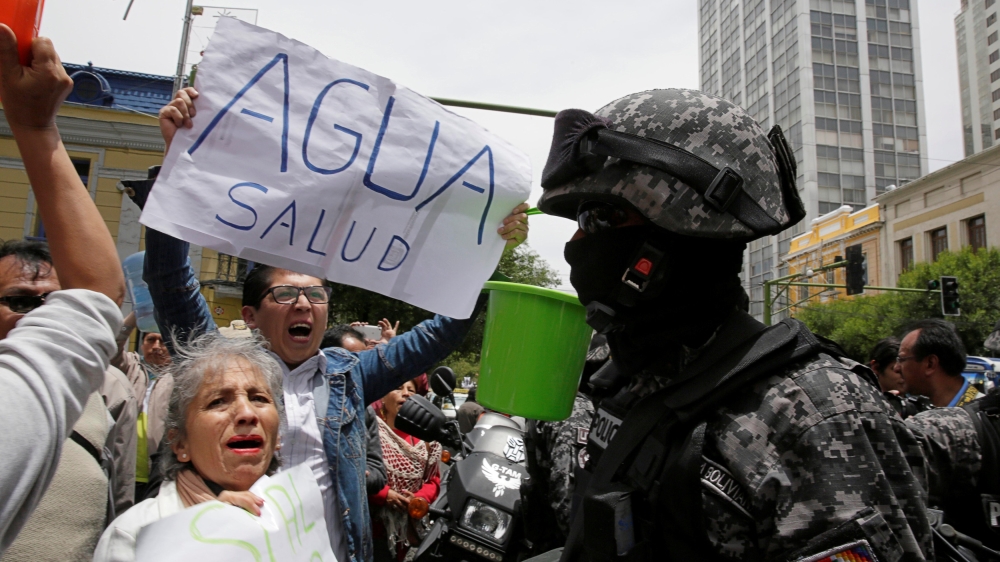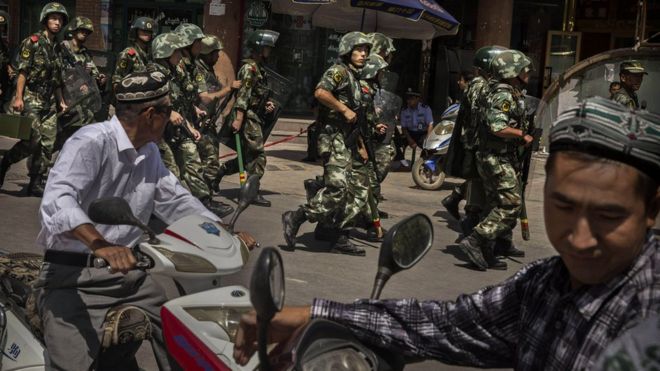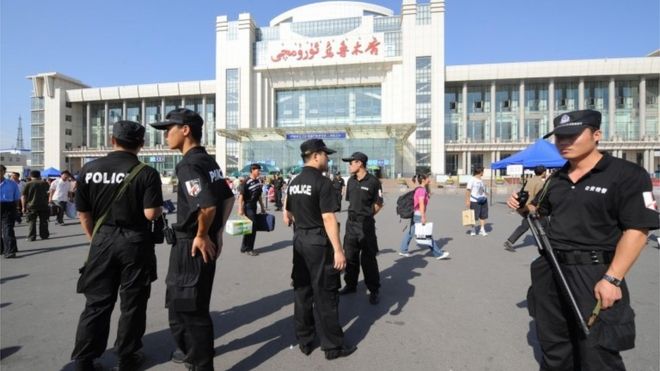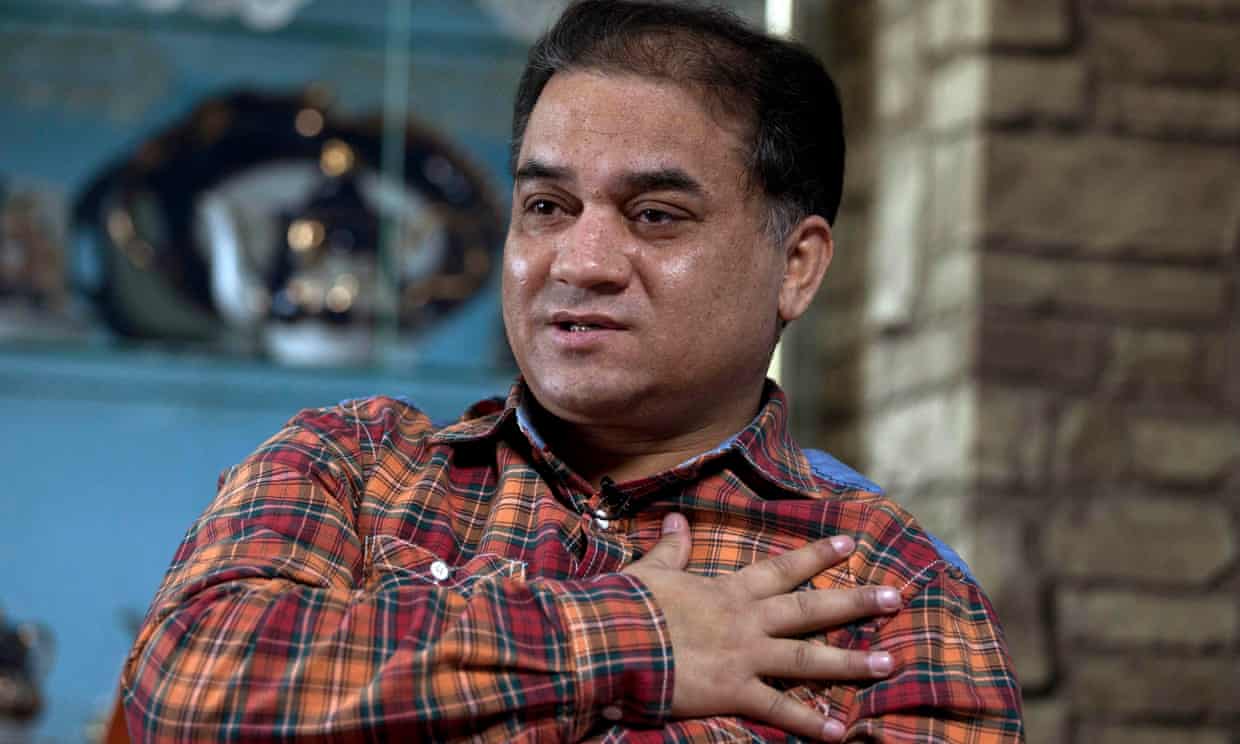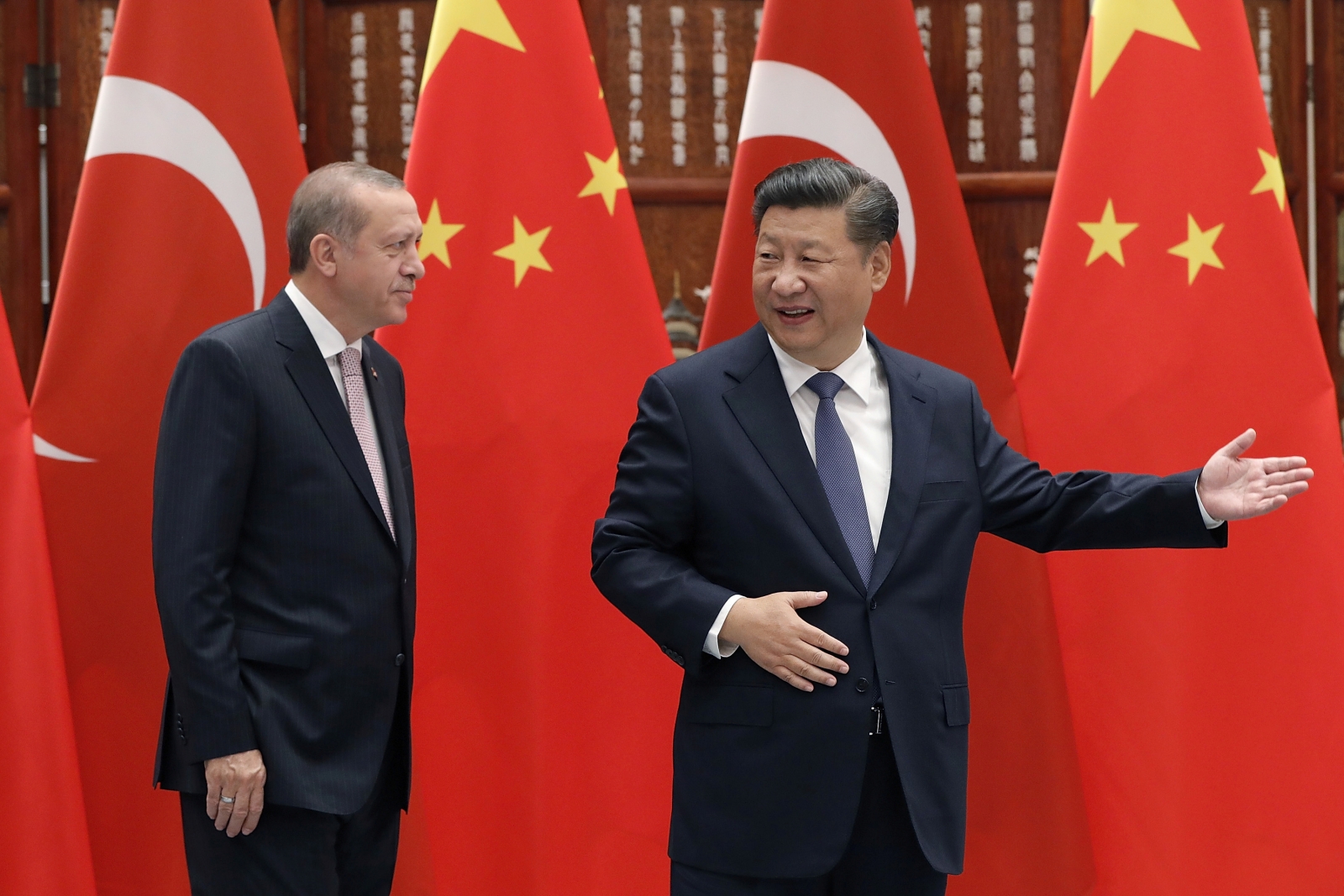By Cintia Garcia
Impunity Watch Reporter, South America
Quito, Ecuador—In a closely watched election, the Electoral Commission of Ecuador announced that a presidential runoff will be held on April 2nd. Left-wing party candidate Lenin Moreno did not meet the 40% of votes needed to win the election.

Unlike in the past when results have been announced the same night, this election took four days for the results to be released. The delay according to the National Electoral Council President, Juan Pablo Pozo, “blamed the numerical inconsistencies in 5.5% of the ballots.” They also stated that the delay in arrival of the ballots from remote regions of Ecuador led to the delay, including ballots from consulates abroad. The final results are still not accounted for but Lenin Moreno has won 39.3% of the votes—just short of what was needed to win the election.
Lenin Moreno has been running on a platform of increasing employment opportunities and higher education for all. He is a close ally of current president, Rafael Correa. Guillermo Lasso is a former banker running for the right wing party. Mr. Lasso is hoping to create jobs with foreign investment. It is believed that the other conservative candidates will endorse his candidacy.
Concern has been expressed by many, including the presidential candidates, regarding the length of time it took for the results to be released. Mr. Lasso and his supports are claiming fraud in the elections. But there has been no evidence to support irregularities. Hundreds of his supporters were demanding a runoff outside of the National Electoral Council office in Quito. Current president, Correa, released a statement in response to the fraud claims stating that the conservative party was using the fraud allegations to prompt violence.
In other elections through out Latin America, such as Argentina, Brazil, and Peru, conservative leaders have won the presidential office replacing leftist parties.
For more information, please see:
BBC—Ecuador Will Hold Run-Off Poll to Choose New President—23 February 2017.
The New York Times—Ecuador to Hold Runoff in Tense Presidential Election—23 February 2017.
The Wall Street Journal—Ecuador’s Presidential Election Heading to Runoff—23 February 2017.
US News Week—Official: Ecuador’s Presidential Election Headed to Runoff—21 February 2017.

